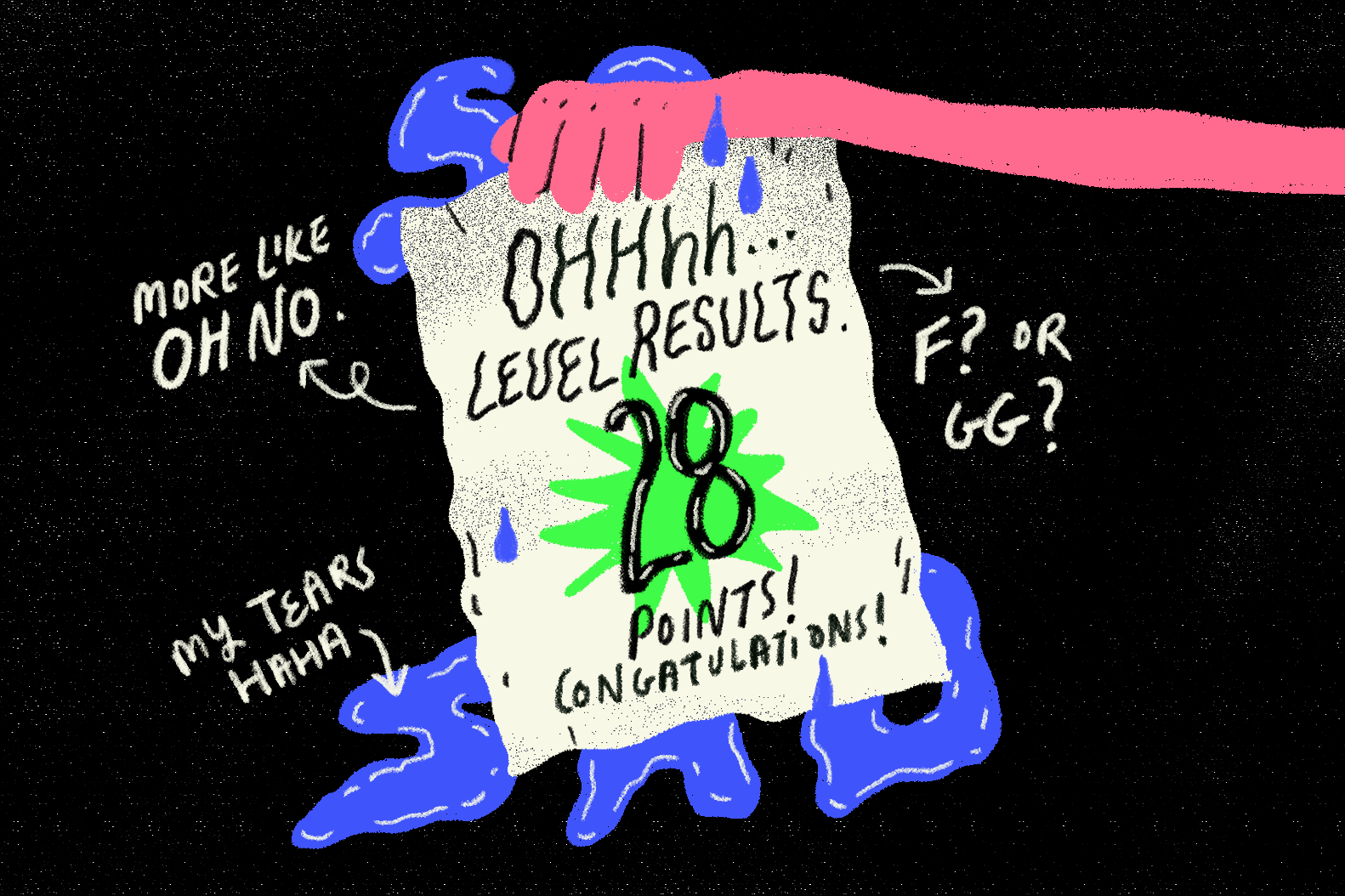It’s a Saturday evening and you’re trying to cram about 500 pages worth of lecture material in your mind.
Exhausted from studying the whole day, you suddenly remember there is church in the morning. Quick glance at the clock – 3 am. Now you’re in a huge dilemma: Should you sleep now and go to church in the morning, or should you continue to study and sleep in?
You choose sleep and church in the morning but secretly hope you’ll snooze through your alarm. That would mean missing church with the excuse of accidentally oversleeping.

I’m sure many of us have been there before.
As a Singaporean student, I can’t tell you how many times I’ve played out that exact scenario and been guilty of “accidentally oversleeping”.
My logic was that God wouldn’t mind. After all, wasn’t I worshipping God with my studies? I figured that if I could get that “A”, I would be able to testify to my friends that God sustained me through my studies even though I was serving in 100 different ministries in church!
Somehow that was the way I rationalised my absences from church. This what what I always thought: If I am worshipping God with my studies, then skipping one service is justified and all is forgiven.
How are we viewing rest? And are we seeing it as a necessity or as a burden?
“By the seventh day God had finished the work he had been doing; so on the seventh day he rested from all his work.” (Genesis 2:2)
What made me reconsider this stance was when I read Genesis 2:2 recently. I was absolute fascinated by that verse. Think about it: The Creator God chose to rest. God didn’t need to rest – but He chose to.
That led me to ask myself two questions: How are we viewing rest? And are we seeing it as a necessity or as a burden? If I’m being honest, I have always viewed rest or sleep as something that prevented me from completing my projects late into the night.
But God views rest quite differently.
In the Bible, the Israelites would rest on a holy day called the Sabbath. That meant that they would not engage in any form of work after a 6-day work week (Exodus 16:26).
So the Sabbath is not just an “off-day” or a “do-nothing-day” – it is the Lord’s Day.
It is a time for God’s people to realign to their God. It is a day to remember God’s faithfulness throughout the week, a day of rest to get ready for the week ahead by spending time with God.
You might be wondering if the Sabbath was just something that the Israelites observed in the Biblical times – does it still apply to us today?
Well, yes! It’s the fourth commandment (Exodus 20:8-11). That alone is reason enough. Furthermore, Jesus is Lord over the Sabbath (Luke 6:5). Jesus knew the importance and significance of the Sabbath, and He knew when to rest. So we should follow after Him.
In a culture focused on academic excellence, I know the temptation is to think that doing anything other than studying is an unnecessary break from what is “truly important”.
But the Sabbath is more than just simply dropping everything and spending time in church. When we honour the Sabbath, we are telling God that though exams and submissions are really important – He is God and is infinitely more important than grades.
He alone is in control of the future and we can trust and rest in that knowledge.

Grades are not our God.
As students, we must be careful not to place all our trust and hope in a piece of paper. The future is in God’s hands.
At the same time, we must study excellently to God’s glory. If we don’t put in any effort into our studies, we shouldn’t expect God to come through for us.
In a culture built on excessive striving, we must be a people set apart who will honour the Sabbath. Children of God know how to rest and abide in their Father. And when we seek Him, leaving our worries, struggles and burdens at the altar – God works in us and for us.
Let’s remember and honour the Sabbath.









